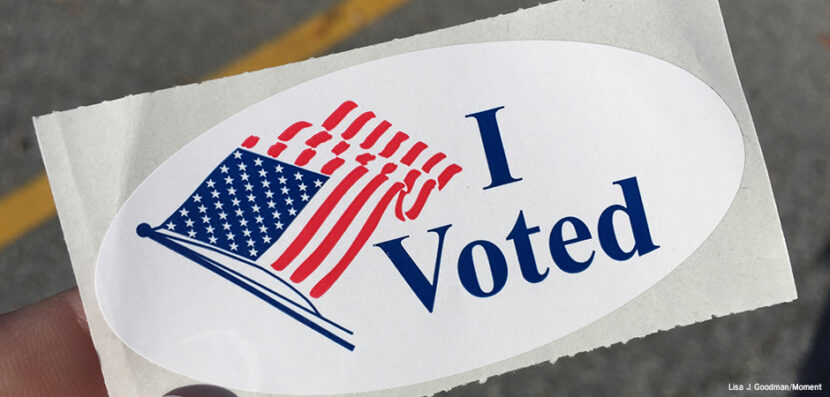2022 Mid-term Elections Rundown
On Tuesday, November 8, Americans went to the polls to decide gubernatorial, congressional, and local races all over the country. Both chambers of Congress were up for grabs going into Election Night. Republicans needed just one seat in the Senate and five seats in the House of Representatives to gain control of Congress. Both the House of Representatives and the Senate remained in play as of the day after the election because many races continue to be too close to call. Here, Election Central takes a closer look at some of these election results.
What Were the Issues?
While Americans care deeply about a wide range of political issues, the biggest concerns for voters this election included inflation, abortion, immigration policy, crime, and threats to democracy.
Key Governor Races
In the Georgia governor race, Republican incumbent Brian Kemp, who received 53 percent of the vote, beat out voting rights activist and Democratic candidate Stacey Abrams, who won 46 percent of the vote. In Florida, incumbent Republican Ron DeSantis was successful against his centrist Democratic challenger Charlie Crist, winning 59 percent of the vote against Crist’s 40 percent. And Republicans also scored a big victory in Texas, where two-term incumbent Republican Greg Abbott beat Democratic challenger Beto O’Rourke, 55 percent to 44 percent.
Meanwhile, Democratic governor Gretchen Whitmer held onto her seat in Michigan with 53 percent of the vote. Democrats were also successful in gubernatorial races in key states such as Illinois (J.B. Pritzker, winning with 54 percent of the vote) and Pennsylvania (Josh Shapiro, winning with 66 percent of the vote). In Arizona—a state that’s been closely watched due to its critical role in the 2020 presidential election—Democratic governor Katie Hobbs is currently ahead of challenger Kari Lake by the narrowest of margins (51 percent to 49 percent), but the race remained too close to call the day after the election.
Key Congressional Races
Pennsylvania was the most expensive Senate race of this election cycle. By the end of the night, Democrat John Fetterman was victorious against celebrity doctor Republican Mehmet Oz, who had the endorsement of former president Trump. It was an extremely close race (50 percent to 47 percent). Another important Democratic victory took place in Arizona, where Senator and former astronaut Mark Kelly beat challenger Republican Blake Masters, a Trump-backed venture capitalist, 52 percent to 46 percent.
In Georgia, the race between incumbent Democratic Senator Raphael Warnock and Republican challenger Herschel Walker was so close that it triggered a runoff election in December. Warnock was the first African American to be elected to the Senate from Georgia. Walker’s campaign was backed by former president Trump but was plagued by scandals.
Republicans enjoyed an important victory in Ohio, with Trump-backed author and venture capitalist J.D. Vance beating out Democratic Representative Tim Ryan for an open Senate seat by more than six percent of the vote. Republicans also claimed victory in North Carolina, where Trump-endorsed Representative Ted Budd was successful against Democrat Cheri Beasley—a former chief justice of North Carolina’s Supreme Court—51 percent to 47 percent.
An Historic Night
Tuesday night also marked important political gains for women, African Americans, the LGBTQ+ community, and Gen Z. Democrat Wes Moore will become Maryland’s first African American governor. In Massachusetts, Democrat Maura Healey will become Massachusetts’ first female governor as well as the first openly lesbian governor in the country. She has been the state’s Attorney General since 2014. On Election Day, Healey won a decisive victory over her opponent, Republican and former state Rep. Geoff Diehl, who was backed by former president Donald Trump. In Alabama, Republican Katie Britt is now the first woman ever elected to the U.S. Senate from that state. Republican Sarah Huckabee Sanders—the former press secretary and communications director under the Trump administration—has become the first woman ever to be elected governor of Arkansas. And Generation Z won its first seat in the U.S. House when 25-year-old Democrat Maxwell Alejandro Frost was elected to represent Florida.



